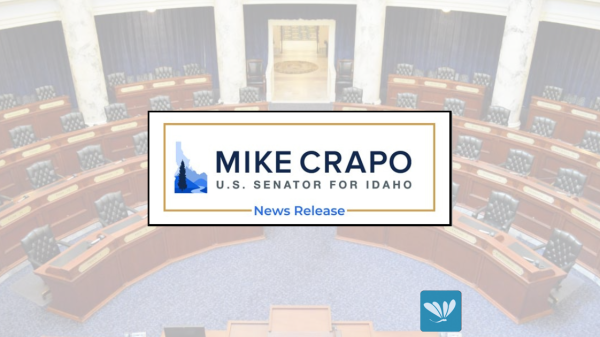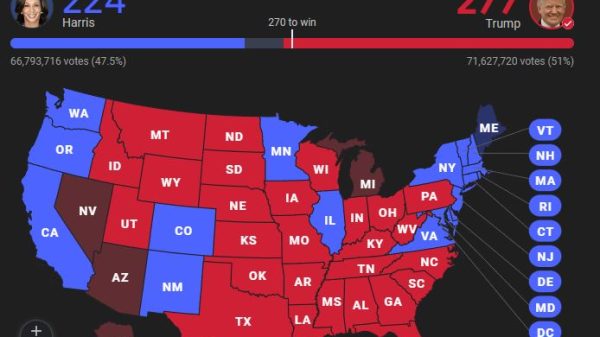(The Center Square) – Friends and relatives of inmates in Washington State Prisons may soon be able to pay into commissary accounts without that money being subject to deductions worth a significant amount more than the incarcerated would receive.
According to the official report for Senate Bill 5131, when people outside of the prison put funds toward an inmate’s commissary funds to spend on toothpaste, soap, deodorant and some foods, among other basic items, those funds are subject to a long list of deductions that can take up most of the donations.
These current commissary account deductions include:
- 5 percent to the crime victims’ compensation account;
- 10 percent to a Department of Corrections (DOC) personal inmate savings account;
- 20 percent for payment of legal financial obligations for all inmates who have legal financial obligations owing in any Washington State superior court;
- 20 percent for any child support owed under a support order;
- 20 percent to DOC to contribute to the cost of incarceration; and
- 20 percent for payment of any civil judgment for assault for all inmates who are subject to a civil judgment for assault in any Washington State court or federal court.
“In some circumstances, families must transfer $900 for an incarcerated individual to have $100 available in their commissary account,” the Washington Senate Democrats explained in a news release.
Legislation to abolish this fee structure sailed through the state Senate Thursday by a vote of 49-0.
No watering-down amendments were attempted.
“No one inside our correctional institutions should be unable to buy soap and toothpaste because of the way our systems are built,” said Sen. Claire Wilson, D-Auburn, in a statement after its passage.
She added, “Our current system places strain on families. This is counterproductive because we know that having a strong family support system on the outside is key to reducing recidivism upon release.”
The bill’s fiscal note estimates a cost of $250,000 to the Washington Department of Corrections in the 2023-2025 biennium.







































